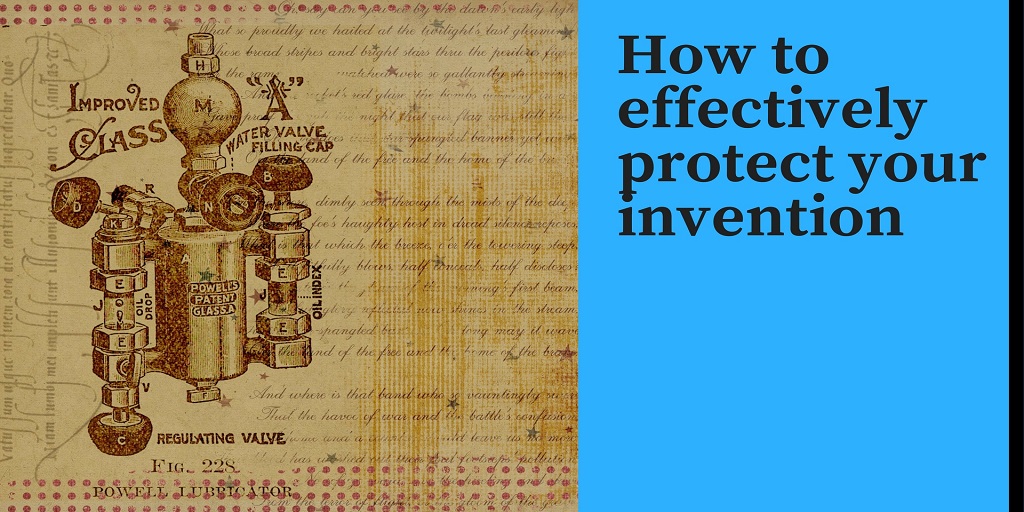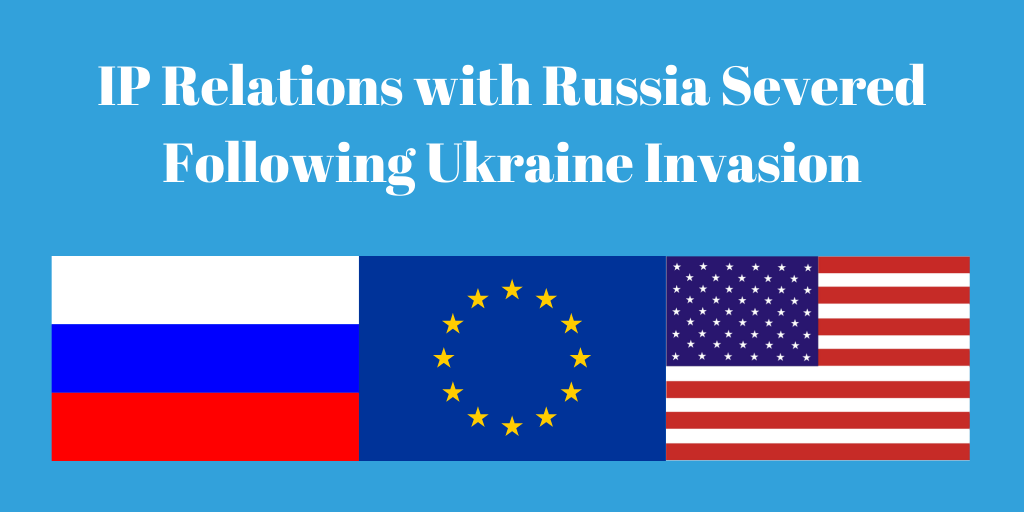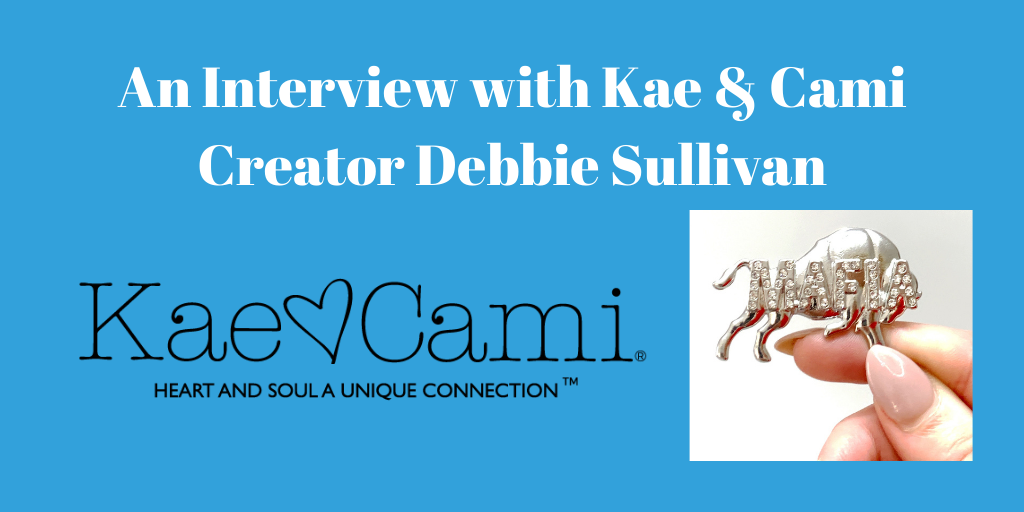How to effectively protect your invention
If you are an inventor, protecting your invention would probably be something you’re interested in. Protection can come in several forms, but one of the most effective ways to protect your invention is to patent it. Certain patents are specifically designed to protect inventions and confer the patent owner the right to exclude others from making, using, selling, offering for sale, or importing the patented invention into the United States.
Patents, so as in any patents?
When you hear of the word “patents,” the idea of protection for functional inventions probably comes to mind. But patent law protects more than just inventions. There are different types of patents that protect different things. For example, design patents can protect the ornamental features of something and plant patents can provide protection for certain types of plants. The specific type of patent designed to protect new inventions and creations would be a utility patent.
How do you get a utility patent?
Under federal law, an invention must satisfy various statutory requirements before it can qualify for protection under a utility patent. These requirements mandate that the invention have some sort of useful or utilitarian function, be considered patentable subject matter, deemed as novel, and would not be obvious to a person having ordinary skill in the art. But what does this all mean exactly?
What does it mean to be useful?
To be useful or to have a utilitarian function simply means that the invention serves a purpose and or would be capable of providing some identifiable benefit. The scope of what can serve as an identifiable benefit is extremely broad. It can range from anything to life saving medical treatments to methods on how to create a compound. An interesting example of utility is found in In Juicy Whip, Inc. v. Orange Bang, Inc. The invention at issue in Juicy Whip was a beverage dispenser that convinced consumers that the beverage was coming from the display container when it really came from a hidden compartment. The court concluded utility exists where a product “can be altered to make it look like another and it could be considered a benefit.” So just by making one object look like something else can be considered useful in certain circumstances!
What does it mean to be novel?
Generally, to be considered novel or “new,” a single reference must not contain all the elements of the claimed invention. So technically, the invention could be considered novel as long as there is an additional element or limitation that distinguishes it from preexisting inventions.
What is patentable subject matter?
To qualify as patentable subject matter, the invention needs to fall in one of the categories laid out in 35 U.S.C. § 101. The categories include machines, articles of manufacture, compositions of matter, and processes. (To read more about these categories and patentable subject matter, click here). However, abstract ideas, laws of nature, and natural phenomena would be ineligible for patent protection and would not qualify as patentable subject matter.
What is non-obviousness?
There are multiple ways to conclude that an invention is obvious or not. The United States Patent and Trademark Office (“USPTO”) has enumerated “[e]xemplary rationales that “may support a conclusion of obviousness,” which include:
(A) Combining prior art elements according to known methods to yield predictable results;
(B) Simple substitution of one known element for another to obtain predictable results;
(C) Use of known technique to improve similar devices (methods, or products) in the same way;
(D) Applying a known technique to a known device (method, or product) ready for improvement to yield predictable results;
(E) “Obvious to try” – choosing from a finite number of identified, predictable solutions, with a reasonable expectation of success;
(F) Known work in one field of endeavor may prompt variations of it for use in either the same field or a different one based on design incentives or other market forces if the variations are predictable to one of ordinary skill in the art;
(G) Some teaching, suggestion, or motivation in the prior art that would have led one of ordinary skill to modify the prior art reference or to combine prior art reference teachings to arrive at the claimed invention.
To read more about obviousness, click here.
How do you assess all these requirements?
Generally, a patent search is conducted to assess whether the invention can meet these statutory requirements. Trying to balance all these statutory requirements while searching for inventions or references that may raise novelty or obviousness issues can be cumbersome. Although one can try to and conduct a patent search on their own, there are various other issues and factors to account for. However, patent attorneys conduct patent searches on a daily basis and know how to effectively handle all the statutory requirements. Moreover, there are several other benefits to hiring a patent attorney to help you file a patent application for your invention, such as providing guidance to prevent novelty defeating events from occurring.
To read more about patent searches, click here.
What do you think about utility patents? Leave us a comment to let us know!
Interested in more patent related materials? Here’s a video:
Get Started Today!
Does this article interest you? Subscribe to the LoTempio Law email newsletter to receive posts and updates just like this conveniently in your email box!
If you’ve enjoyed this blog post, we have lots more where this came from, including an Inventors Guide Video Series where we help you turn your good idea into a profitable invention, and tons of other great content. Simply enter your email address and hit sign up and you’ll get everything, including blog posts like these, conveniently in your email box!
Have any questions? Give us a call at 1-800-866-0039. Consultations are FREE.
Disclaimer: This article is not intended to be legal advice and is meant to be for educational or entertainment purposes only. Please do not use the article or contents of the article without permission. For legal advice and questions, please contact registered Patent Attorney Vincent LoTempio.
[1] Juicy Whip, Inc. v. Orange Bang, Inc.,




